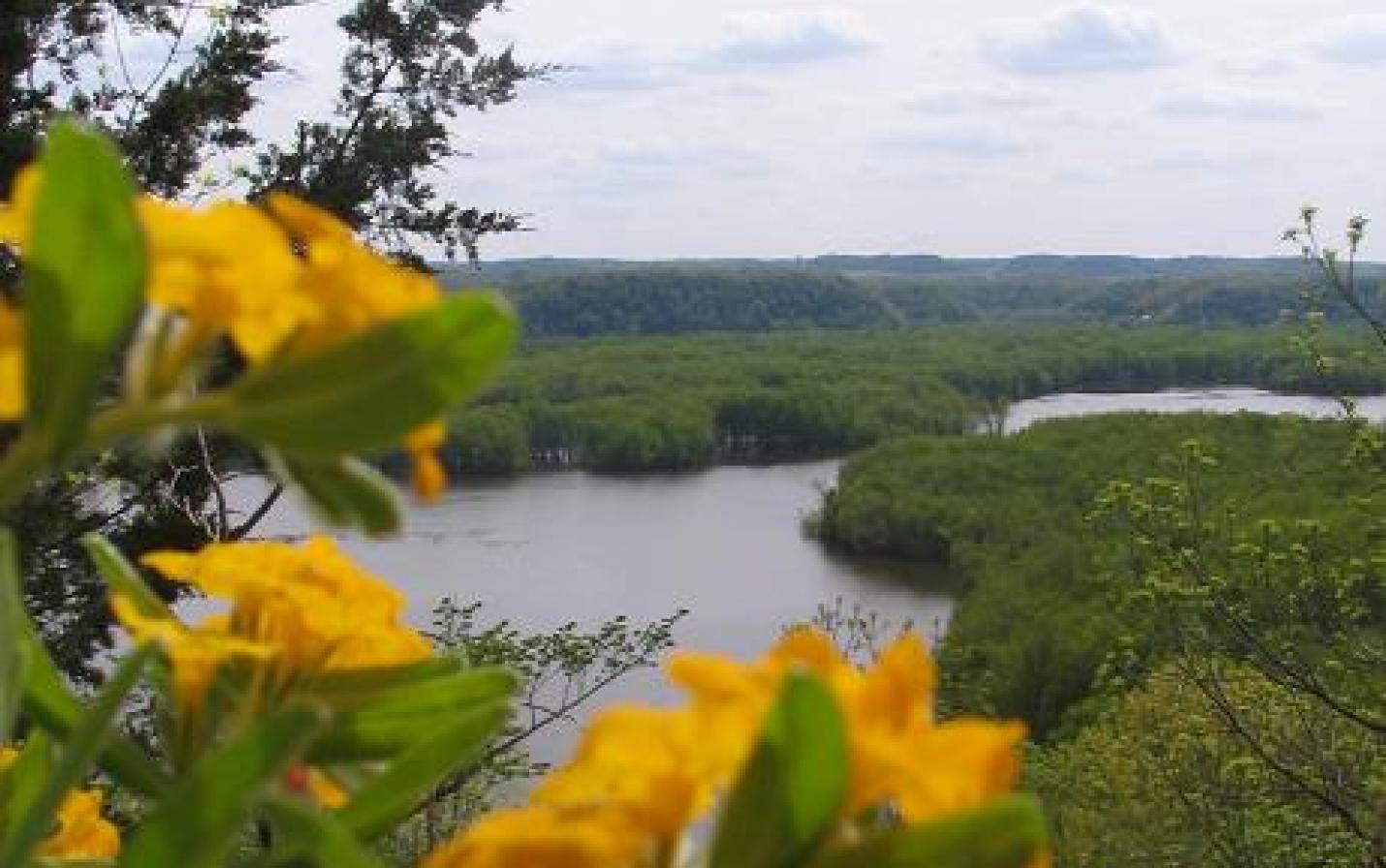The Land Ethic
"There is as yet no ethic dealing with man's relation to land and to the animals and plants which grow upon it. Land, like Odysseus' slave-girls, is still property. The land-relation is still strictly economic, entailing privileges but not obligations."
I completely agree with this statement. During schooling, I didn't learn to have respect for the animals and plants living around me. In fact, I remember having the mindset that these things dont deserve my respect. And that I do not have any obligations to them. A couple of examples I remember from my childhood is disruptively knocking down a nest with a stick. It was sitting on top of the drain. My friends and I were playing "house", and as the "mother", I decided we needed eggs. I then stood on my friend's back and knocked it down, when it fell heavily on the concreted driveway, the smallest little birds let out a screech and in their confusion scurried away. "What have I done?," I asked myself. In my mind, I owned this nest that I had nothing to do with but the destruction of it. And what of the mother of the nest I left childless? I saw this nest, as many of us see this land, as our property, to do with it as we will.
 |
| http://tx.audubon.org/birds/injured-sick-or-orphaned-birds-wildlife |
I would like to know what this would entail. To become simply a citizen, again. In another sense of the word, a worldly citizen, that follows values that connect me to the development and sustainability of the land. The use of the word Homo sapiens instead of people gives me a sense of primitive identity. We are, scientifically, a category of this ever-discovered world of other beings. This word use debases us to a more humble existence, which I think needs to happen on a wide scale.
 |
| https://childrensbread.wordpress.com/2011/01/08/those-ites-have-got-to-go-part-2-of-2/ |
"It is quite invisible to the tourist who finds this wrecked landscape colorful and charming (as indeed it is, but bears scant resemblance to what it was in 1848)."
It is a shame that we are simply tourists in this world and cannot, by sight, recognize how it is crumbling before us. We awe at the sight of something other than walls and technology, gain a renewed energy from all that nature bestows to us, but we are ignorant of our damaging effects. We may never get to see the 1848 version of this world, we would have to bee blissfully unaware to be as complacent as we are to its condition.
 |
| http://www.mississippivalleyconservancy.org/land-protection/cassville-bluffs-state-natural-area |
Leopold A. (2011). Excerpt from A Sand County Almanac: The Land Ethic. In University Colloquium: A Sustainable Future(pp. 58-77). Fort Myers, FL: Florida Gulf Coast University.
Comments
Post a Comment